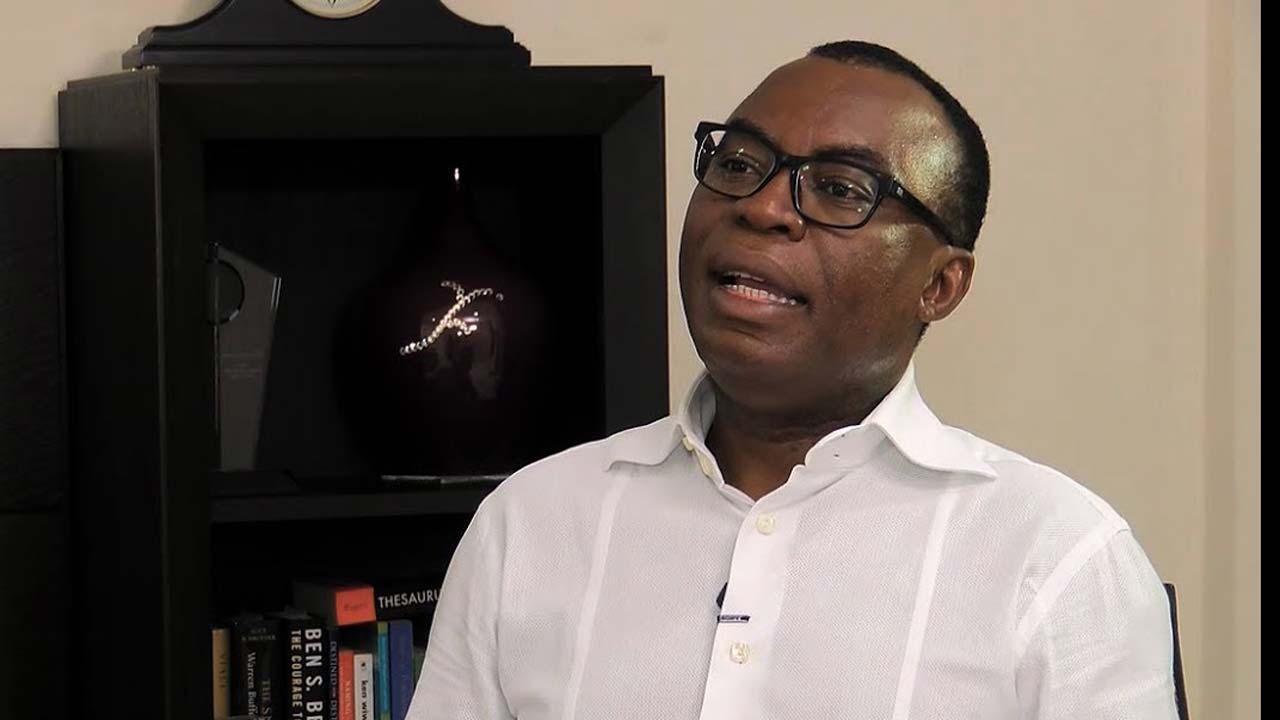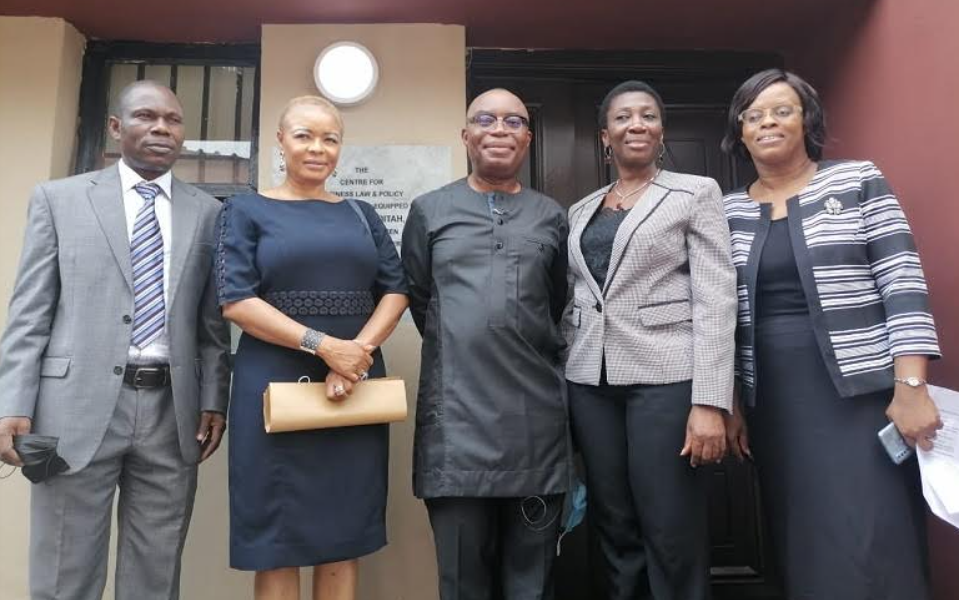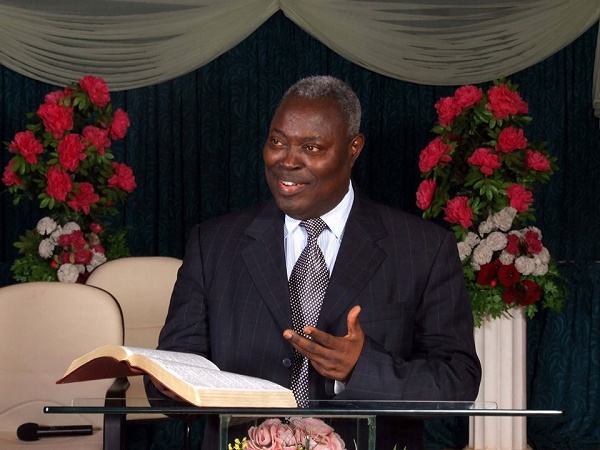Fidelis Oditah, a senior advocate of Nigeria (SAN), says legal education in Nigeria lacks adequate funding.
While speaking at the handover of the Centre for Business Law and Policy at the University of Lagos, Oditah said lawyers are instrumental to the economic development of the nation.
The centre was refurbished and equipped by the Fidelis Oditah Foundation.
Oditah said he decided to take up the project because of his firm belief in quality education.
Advertisement
“I believe that education can be transformative. I believe in giving back,” he said.
“Above all, I believe that lawyers have a political, economic and social role to play in the development of our nation and that funding an institution which is at the forefront of producing quality lawyers is a very worthwhile project in itself.
“Almost all the weaknesses in our legal education can be traced directly or indirectly to the chronic underfunding of our institutions.
Advertisement
“Ill-equipped library is a function of lack of cash; so is lack of teaching aids, overcrowded classrooms, insufficient teaching staff, absence of computers, etc. Provided legal education is adequately funded, the academic legal education will achieve its aims, as it did in the past.
“The extent to which Nigeria can attract business and foreign direct investment depends in part upon investor perception of the quality of our civil and criminal justice system.
“If our system of civil and criminal justice is perceived to be inefficient and ineffective, we would lose out to more efficient and effective systems. A steady neglect or decline in the rule of law in many developing countries has been a major reason for the decline in the development prospects of such countries.”
Advertisement
Ayodele Atsenua, the university’s deputy vice-chancellor, described Fidelis Oditah Foundation’s support for the Centre as “exciting”.
He said the support will help the university fulfil its mandate, which is to expand opportunities for improving scholarship and other academic works such as research, teaching, and learning.
Add a comment







